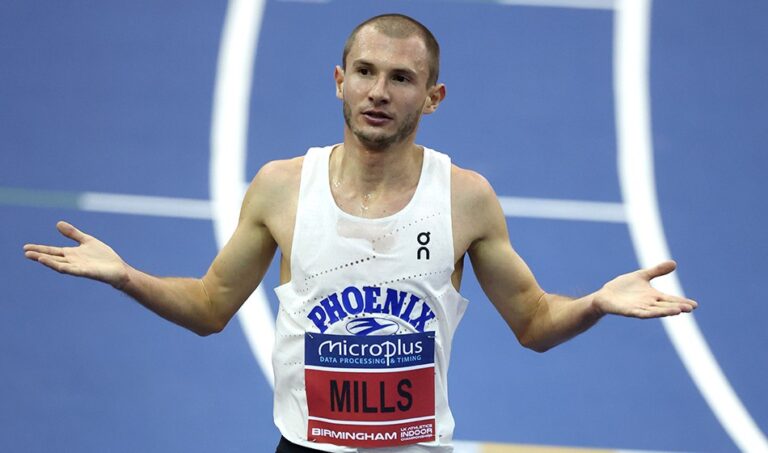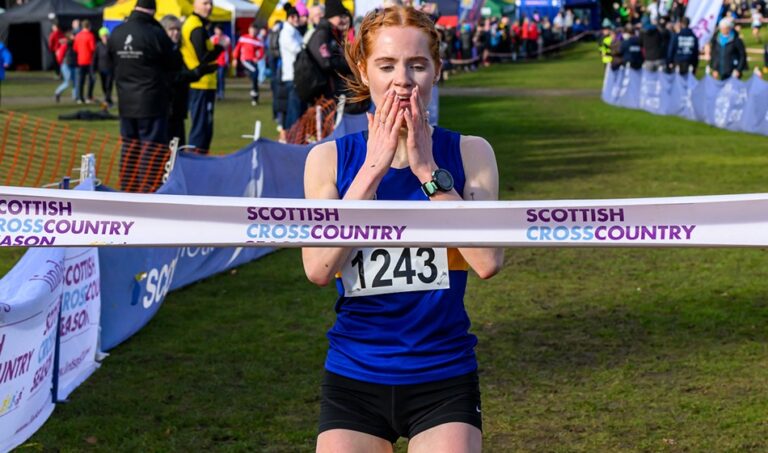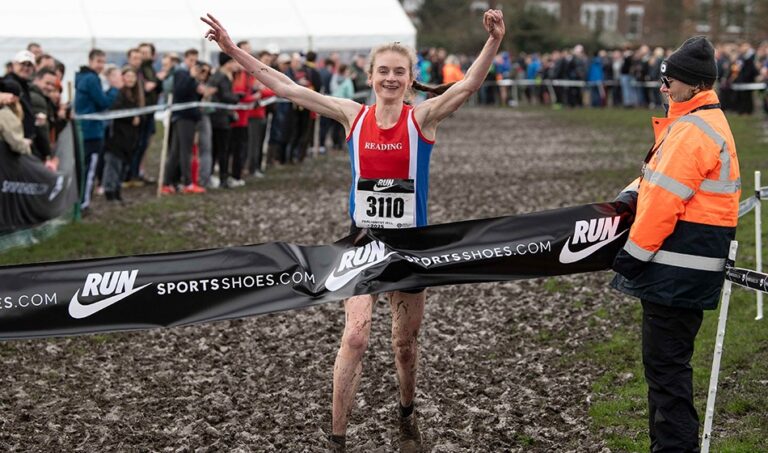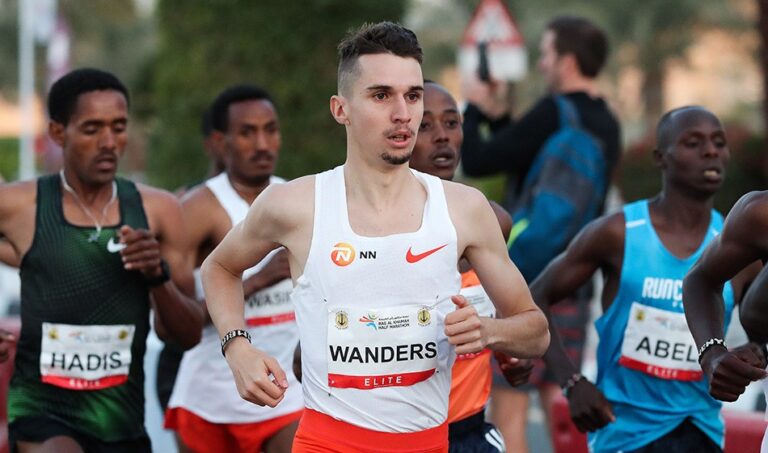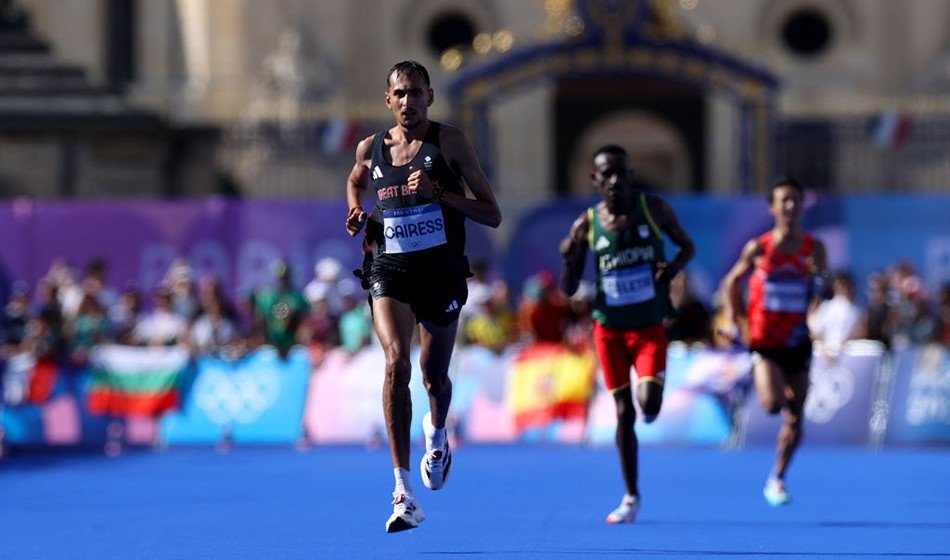
British runner just misses a podium place as Tamirat Tola of Ethiopia wins in 2:06:26 and Eliud Kipchoge drops out on hilly course
Emile Cairess
On a tough marathon course at the Paris Olympics, Emile Cairess enjoyed the run of his life on Saturday. A mixture of heat and hills broke legends such as Eliud Kipchoge and Kenenisa Bekele, but the 26-year-old Yorkshireman gritted it out to finish a fine fourth.
One place higher and he would have become the first Brit to win a medal in the Olympic men’s marathon since Charlie Spedding took bronze in Los Angeles 40 years ago. Cairess wasn’t too bothered, though.
“I didn’t really care where I came,” he said. “It was more about doing my best race and fulfilling my potential because I can’t really control how fit or fast all the other guys are. I ran the best I could today and am really proud of myself.”
Tamirat Tola of Ethiopia proved an emphatic winner in an Olympic record of 2:06:26 after covering the first half in 64:51 and the second in a blistering 61:35. before being congratulated by Haile Gebrselassie at the finish. Bashir Abdi of Belgium was runner-up in 2:06:47 with Benson Kipruto of Kenya third in 2:07:00.
Matching the fourth place achieved by Jon Brown at the 2000 and 2004 Olympics, Cairess ran 2:07:29 after finishing strongly to pass Deresa Geleta of Ethiopia and Akira Akasaki of Japan in the final mile.
Olympic marathon in Paris
Tola was not even initially selected for the Ethiopian squad but was added to the team after Sisay Lemma withdrew due to injury. In 2016 he won Olympic 10,000m bronze behind winner Mo Farah before going on to claim the world marathon title in Eugene in 2022 and the New York City Marathon last year in 2:04:58.
Like Tola, Cairess was wearing the adidas Adizero Adios Pro Evo – a single-use shoe that costs more than £400 with only a few hundred pairs reportedly being made. Super shoes aside, Cairess is refreshing old school, wearing a small Casio wrist watch in Saturday’s race. “I don’t need GPS as I can see the kilometre markings on the course,” he said.
In the quest to conquer the heat as the temperatures rose into the 20s Celsius under bright sunshine, Kipchoge wore a Omius Headband to provide “passive cooling”. It didn’t seem to help, though, as the 39-year-old failed in his attempt to win his third consecutive Olympic marathon. Dropped fairly early in the race and holding the side of his body in discomfort, he was reduced to a walk and eventually dropped out.

Eliud Kipchoge (Getty)
Bekele, 42, also struggled but fought on to finish 39th in 2:12:24. Quite appropriately, given the venue, the race featured Tour de France-style crowds lining the course. The hills were not quite as long and steep as Alpe d’Huez but they were unusually harsh for an Olympic marathon. Later, many athletes said the downhills were just as hard as the uphills due to the jarring nature.
“I think I’m pretty good at hills and they come naturally to me so it was one of the advantages to me in the race,” said Cairess. “I’ve also run lots of cross-country races over the years, so the hills weren’t a big issue.”
As for the heat, he said: “Conditions were all right to be fair and we had a good protocol with the heat. We were running in 30C heat for sessions and we did some work with Leeds Beckett, so I was well prepared for the heat.”
Cairess had prepared at altitude in Kenya for six weeks earlier this year plus a similar block of training in Sestriere, Italy, with fellow Brits Phil Sesemann and Mahamed Mahamed, who finished 47th in 2:13:08 and 57th in 2:15:19 respectively with Mahamed struggling with a hip injury.

Emile Cairess (Getty)
Such were the size of the roadside crowds in Paris, Cairess did not manage to spot his girlfriend or mum in the crowd among the many supporters who have travelled across from Britain to support him. “There were too many people and the second half was a blur,” he said, adding that his coach, Renato Canova, was watching on television. “He’s been to the Olympics so many times in the past that he’s seen it, done it.”
Was this the best run of Cairess’s life, out-doing his 2:06:46 when third in the London Marathon this year or the silver medal from the Euro Cross behind Jakob Ingebrigtsen in Italy in 2021?
“Yes, probably – and by a decent bit too,” he said. “Today is a level up on everything that’s happened before. It’s only my third marathon and I’m only 26 so I’ve got time to improve, step by step.”
10 things you didn’t know about Emile Cairess
Given the magnitude of his run, can he even dare to dream of winning London one day? “I feel like I can be up there in the majors,” he said. “This is only my third marathon as I’m still so young. I just have to take things step by step and make sure I don’t get ahead of myself and keep improving and working hard.”

Tamirat Tola (Getty)
On the quest to become the first British winner in London since Eamonn Martin, Cairess added: “London’s always been my target but you have to give respect to the event. So when I’d only done one marathon and 2:08 I could hardly say I was going to win it.
“It’s not easy to win either. You can turn up in 2:02 shape and still not win. It’s really difficult. It’s still my goal but whether it happens or not, who knows. You can never count your chickens in running. You just have to focus on improving.”
Kipchoge and Bekele struggle in Olympic marathon
Elsewhere, the unheralded Tebello Ramakongoana was seventh in a Lesotho record of 2:07:58, just ahead of American duo Conner Mantz (2:08:12) and Clayton Young (2:08:44).

Olympic marathon (Getty)
Richard Ringer of Germany was the third European home in 12th in 2:09:18.
Zola Budd Pieterse remembers iconic race from LA 1984


